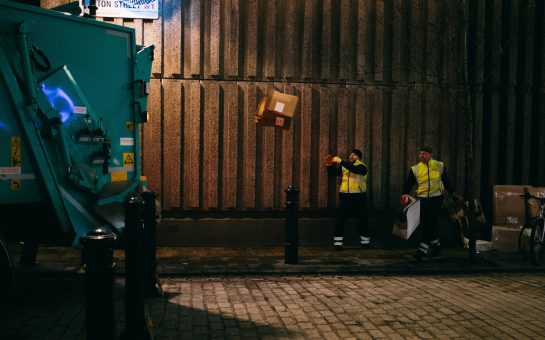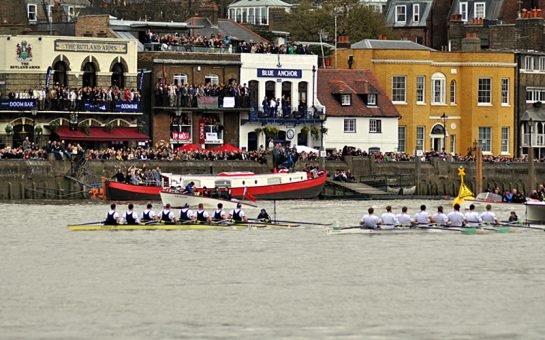Volunteers and residents celebrated the first anniversary of the planting of Brixton Orchard on Saturday, a community-developed area on Brixton Hill, which now hosts 35 fruit trees in one of the most polluted areas of London.
The site started as a derelict piece of land but soon local residents will be able to enjoy the fruits of their labour as the trees come into harvest.
Brixton Orchard is managed by Urban Growth, a social enterprise based in Pop Brixton which seeks to transform lives in London by creating more green spaces, and came into existence with the help of the Mayor’s Air Quality Fund, Lambeth Council and Brixton Improvement District (BID), a non-for-profit collective of local businesses who come together to improve the immediate area.
The founder and director Bruno Lacey, 34, explained that there was originally a concern that the site might attract anti-social behaviour but in fact quite the opposite has happened.
He said: “We’ve found that since creating a beautiful space there’s been less litter here, more positive feedback and there’s been more people enjoying the space.
“We’ve had no complaints from anyone and it shows what can be done with a bit of creativity and optimism.’’
He explained that instead of having what could have been a corporate and sterile development, they have sought to create a wild and organic feel.
“We like to think that we create and manage the public space a bit differently from the mainstream and that actually creates different opportunities for people to come together.”
Early 19th century archives show that the area used to be a market garden, so has been returned to its original use.
Carole Wright, 51, has lived in Brixton since 1979 and believes the orchard is a positive development.
She said: “If you don’t build these on it, they’ll build luxury flats. You want to stop that. So it’s better to have a space where people can interact regardless of your social income – it’s like horticultural therapy. Coming out mixing with people, it breaks social isolation and people are learning things.
“You’ll have kiddies and adults alike so it’s an inter-generational project which is good.
“This is my first time on the orchard and it’s great. It was just grass not doing anything before. It’s a very high profile location which is important because people will walk past, be curious and then meander in.’’
Brixton Hill is one of the most polluted areas in London and has exceeded the EU legal limits of air pollution. Around 40,000 people go past on buses every day.
Bruno said: “If just 1% of the people on the buses look at the orchard and it raises a smile or they’re happy then that’s 400 people and about 2000 seconds of happiness just by people going by on the bus, never mind all the people in the cars and all the pedestrians.”
Bruno is confident that the fruit trees not only help combat air pollution in the area but will also act as a legacy.
“I know that this space can never be built on because it’s Rush Common, so I know that these trees are going to be here for decades to come and that the financial value of the fruit that you can grow here is thousands and thousands of pounds.”
As well as growing edible fruits, free to be picked by anyone passing, the trees’ blossom in the spring is very visual.
“People can come and celebrate nature on what would have otherwise have been just a lawn,” said Bruno.
Michael Smith and Gianluca Rizzo from Brixton Bid explained that business improvement districts work by collecting a levy from businesses and then use this levy to provide services back to the community to promote the local area and increase tourism.
Orsetta Hosquet, 33, an Urban Growth worker said: “In the cities food growing is getting lost, especially for little children because they just go to the supermarket and buy food. If you plant the seed and make it grow you can learn where food really comes from.”




